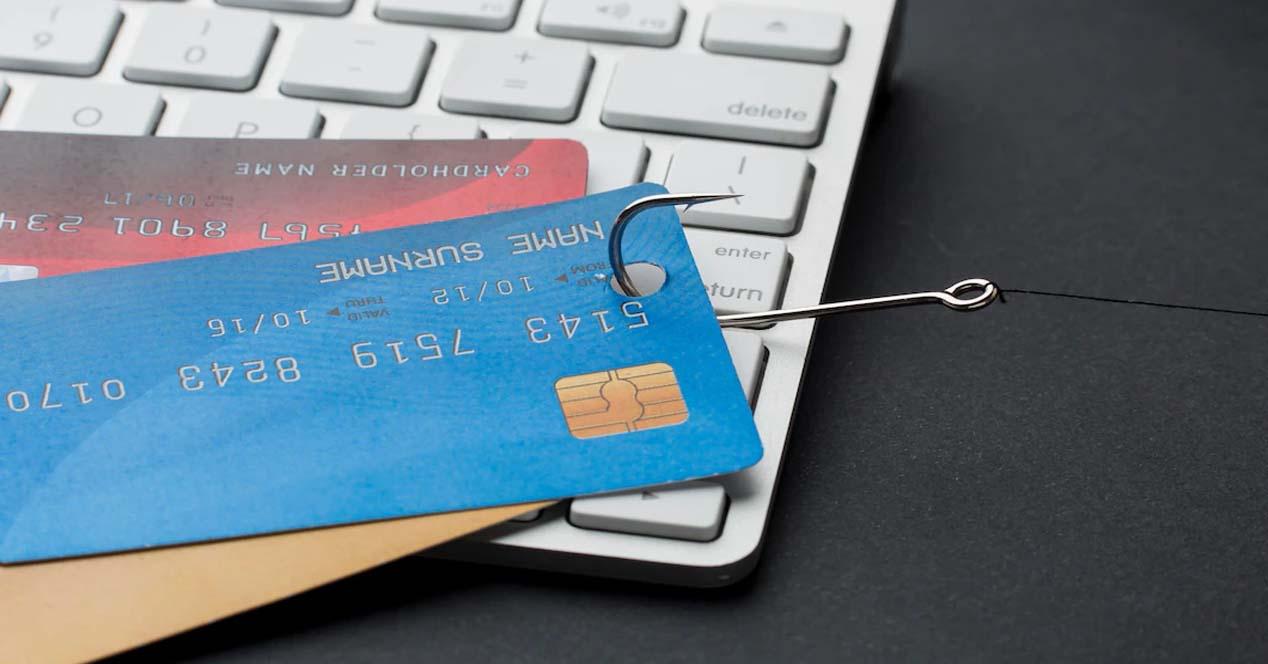There are certain times of the year when computer attacks are triggered. A clear example is Christmas. In these weeks of December, fake package delivery and courier pages have increased a lot. Basically, scammers are going to take advantage of the fact that you are really waiting to receive a package, something you bought online. But to what extent can this be a danger? What to do to avoid problems? We are going to explain everything to you.
The first thing you should know is that they seek to steal your personal data, passwords or sneak in a virus. The strategies are diverse, since they can send a message through different media. What they are looking for is for you to click, for you to believe that there is some problem with a package that you are going to receive, etc.
Fake package delivery sites
According to Group-IB, a cybersecurity group behind this study, it has seen a 34% increase in new fraudulent pages of this type. These are Phishing websites, which seek to impersonate the brand of a transport company and reach victims. Furthermore, something that we must highlight is that, of the countries analyzed, Spain is one of the nations where there are the most fake pages of this type. In fact, in our country it represents 13% of all those that have been detected.
All this seems to be part of a large-scale, global campaign that affects many transport companies. One strategy they are following is to keep these sites active only for a certain time, in addition to restricting access to them by geolocation. This makes them less visible, so they can go unnoticed by security researchers. They are only activated when they start a campaign at a given time.
They take advantage of time, the urgency to receive a package, possible problems that actually occur, etc. It is not unusual that, at this time, something we are waiting for is delayed. There are many shipments, there may be logistical problems and an order may be delayed from time to time. If you receive a message telling you that there is a problem with the package, you may believe it is real and open that link. That’s what cybercriminals do.

Check any message
It is essential that you verify any messages you receive. They can send it via email, SMS or even WhatsApp. They will pose as well-known companies, such as SEUR, Correos, etc. That message may even be addressed directly to you, with your name, since they have been able to find out your information previously.
What happens if they send that message to 1,000 people, to say the least? It is likely that, this Christmas season, there are a % who are really waiting to receive something. They believe it may be true, they open the link and enter a password to log in, giving personal or even banking information.
Sometimes what they are looking for is for you to download a file. For example, they might say it’s to see where your order is or an informative document about something related to shipping. Actually, what you are downloading is malware that is going to cause your system to start to go bad or that they can control it.
You should always maintain common sense, verify any messages, have a good antivirus and have everything updated. In addition, you can analyze whether a page is true and thus avoid problems. Do not fall for these types of campaigns that are common at this time of year.












